There is an enormous range of mammal species on planet Earth. The blue whale is not only the largest mammal alive today, but also the largest animal ever to live on our planet.
But what about down at the other end? What's the smallest mammal that has ever lived?
You might think that a house mouse would make this top 10 list, but in fact, they weight around 40g on average – and the actual smallest species weighs less than 2g.
Read on for the top 10 smallest mammals by weight.
10. American shrew mole
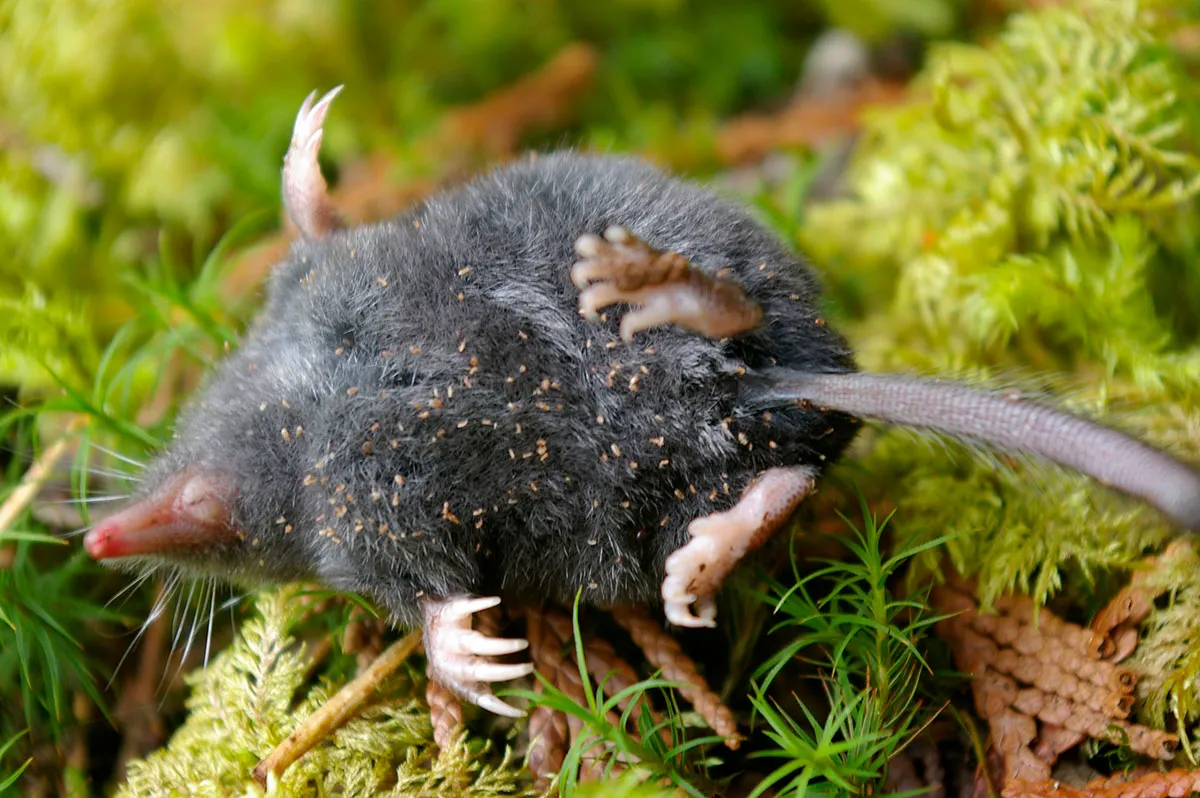
Weight: 7-11g; average 10g
Distribution: Northwestern USA
The American shrew mole, Neurotrichus gibbsii, is the world's smallest species of mole. Also known as Gibb's shrew mole, its body is 69-84mm long, and its tail is a further 31-42mm.
9. Tasmanian pygmy possum
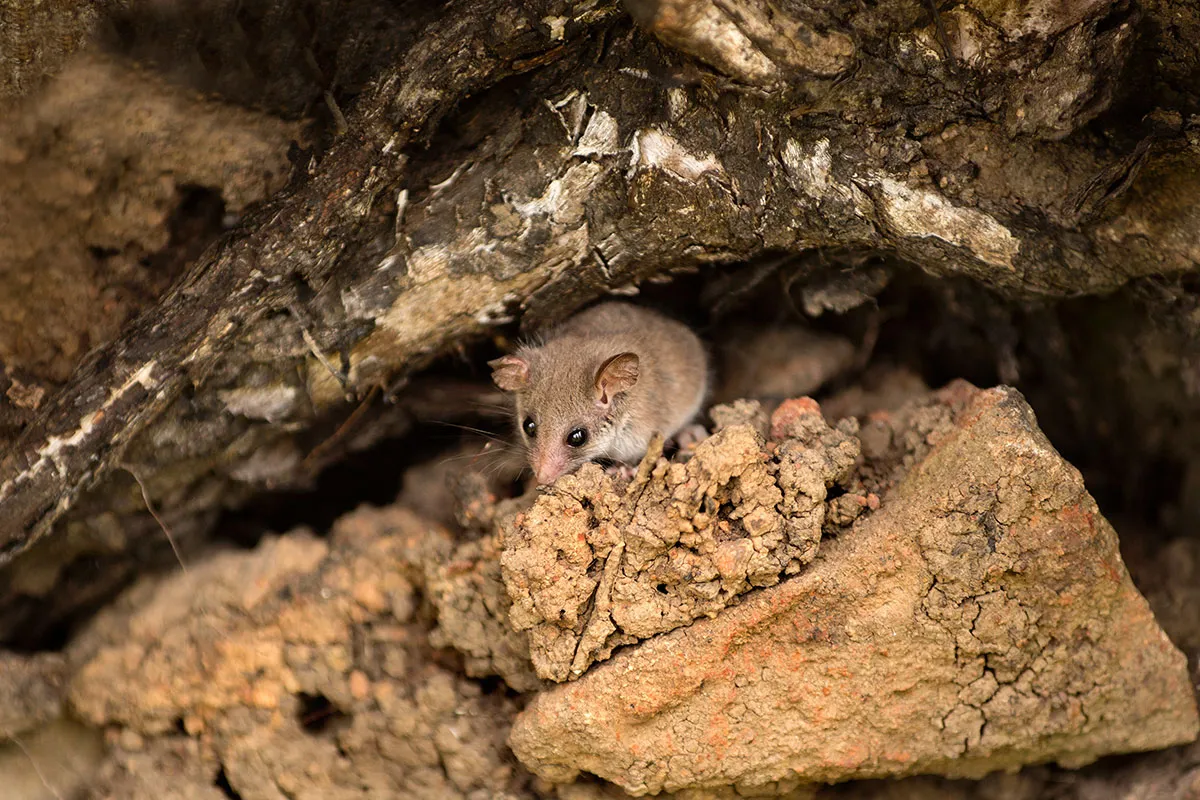
Weight: 7-10g; average 8.4g
Distribution: Tasmania, Australia
Also known as the tiny pygmy possum or Cercartetus lepidus, this species is the world's smallest possum. The head and body are on average 70mm long, and the prehensile tail averages 64mm.
8. Paucident planigale
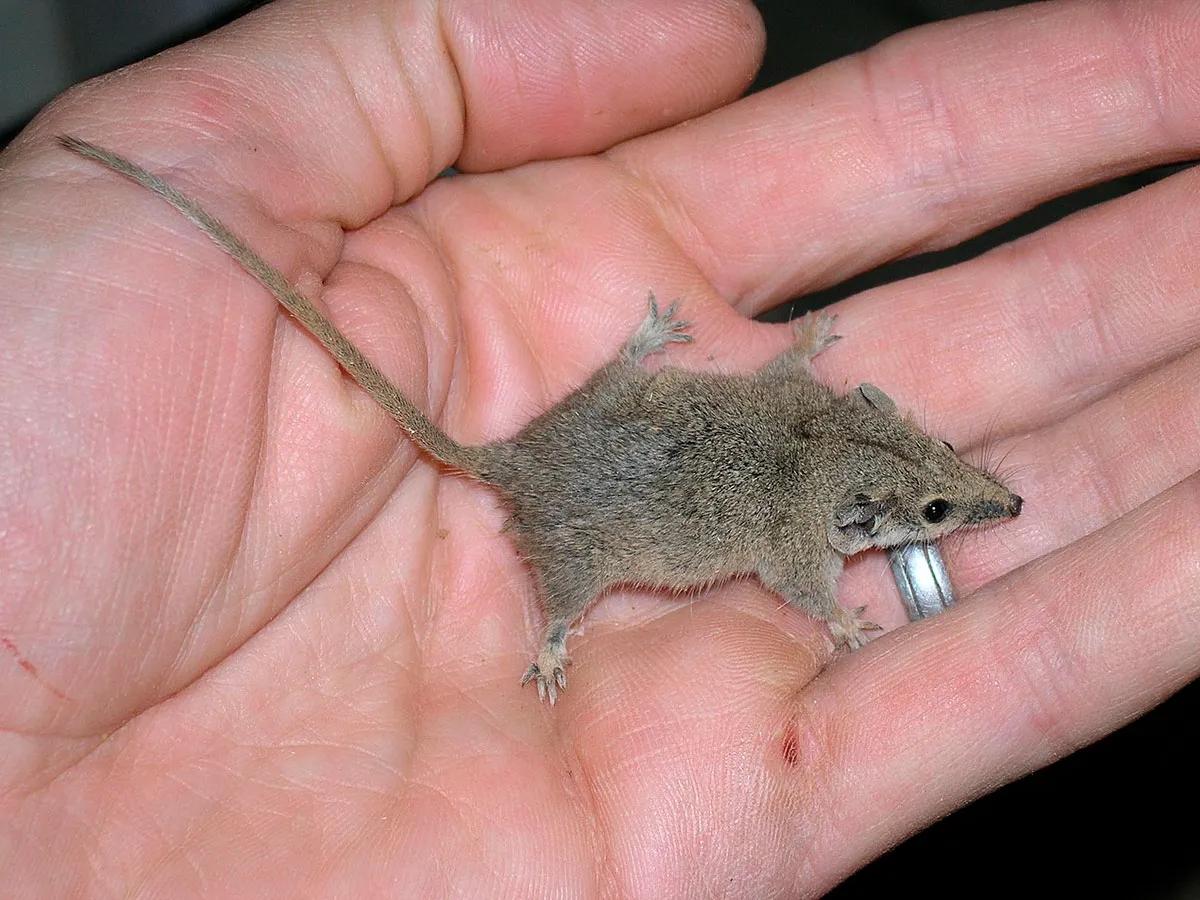
Weight: 6.9g
Distribution:Australia
Planigale gilesi is one of five species of planigale, a type of small, carnivorous marsupial. 'Paucident' in its name means 'few teeth', reflecting the fact that it only has two premolars in each row, compared to three in other species.
Its head and body are between 60 and 80mm long, and its tail is a further 55 to 70mm.
7. Narrow-nosed planigale
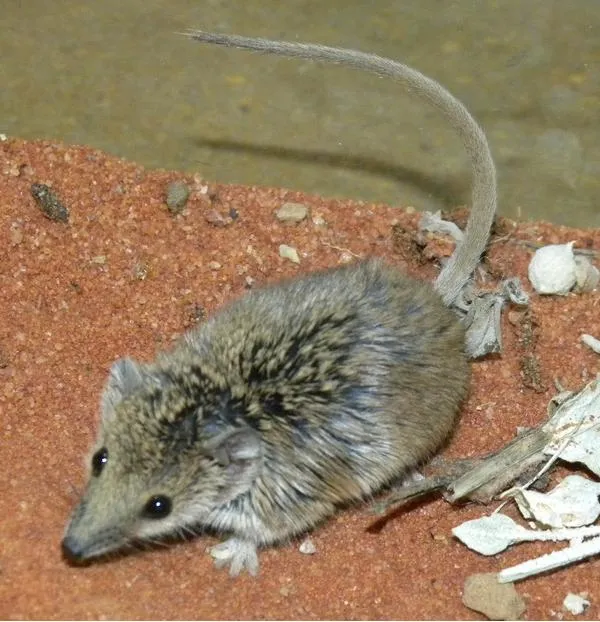
Weight: 5.3g
Distribution: Australia
Planigaletenuirostris, though it measures only up to 7.5cm, is a vicious predator. It takes down insects and small lizards, occasionally even ones bigger than itself.
6. Long-tailed planigale
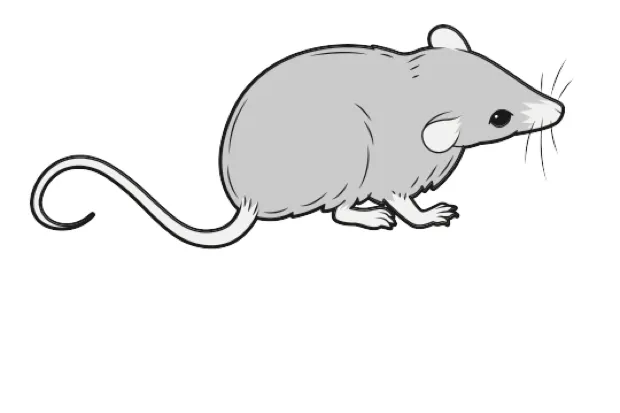
Weight: 4.3g
Distribution: Australia
Planigale ingramiis the last planigale on this list, and is the world's smallest marsupial. Its head and body are only 55-65mm long.
Females of the species weigh on average 4.3g, whereas males weigh an average of 4.2g.
5. Baluchistan pygmy jerboa
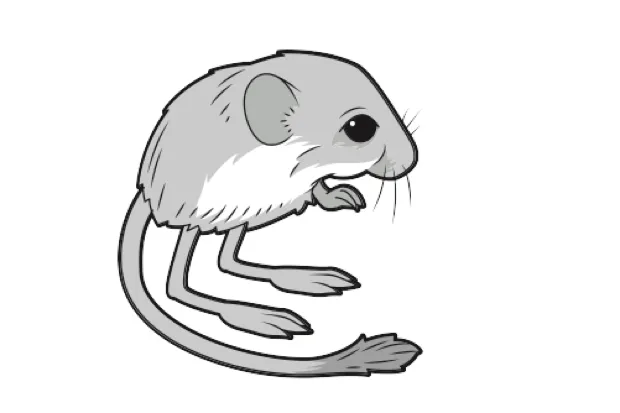
Weight: 3.75g
Distribution: Pakistan and Afghanistan
According to the Guinness Book of Records in 1999, the Baluchistan pygmy jerboa is joint with the African pygmy mouse for the title of the world's smallest rodent.
Salpingotulus michaelis, or the dwarf three-toed jerboa, has a body around 4.4cm long, and a tail of 8cm. On average, adult females weigh 3.75g.
4. African pygmy mouse
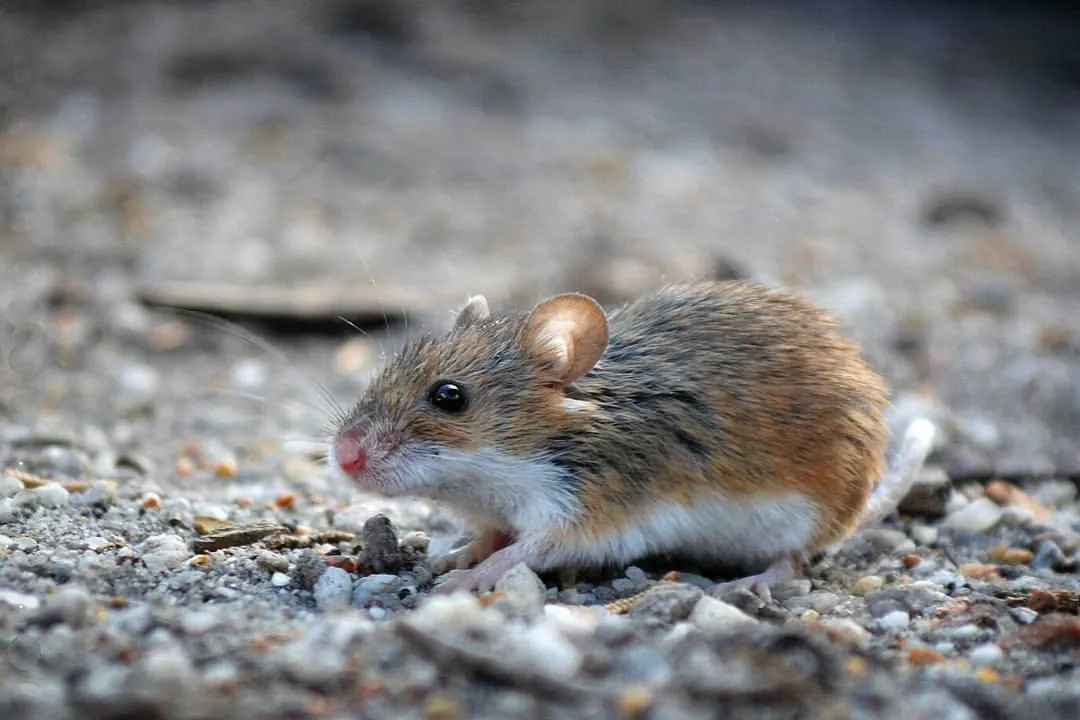
Weight: 3-12g; average 7.2g
Distribution: Sub-Saharan Africa
The African pygmy mouse,Mus minutoides, holds the joint title for the world's smallest rodent with the Baluchistan pygmy jerboa.
Its body is 6-8cm long, with an additional 3-6cm in length coming from its tail.
3. Kitti's hog-nosed bat

Weight: 1.7-2.0g
Distribution: Thailand and Myanmar
By body size, Kitti's hog-nosed bat is the smallest mammal on Earth, at 29-33mm long. It also has the smallest skull of any mammal. It's not quite the smallest by body weight, though, with the smallest individuals weighing around 1.7g.
The species is named for Thai zoologist Kitti Thonglongya, who discovered the species in 1974. Other names for the species include bumblebee bat and Craseonycteris thonglongyai.
Not only is the bumblebee bat the smallest bat, it's also smaller than the largest bumblebee (Bombus dahlbomii, which can grow up to 40mm).
2. Etruscan shrew
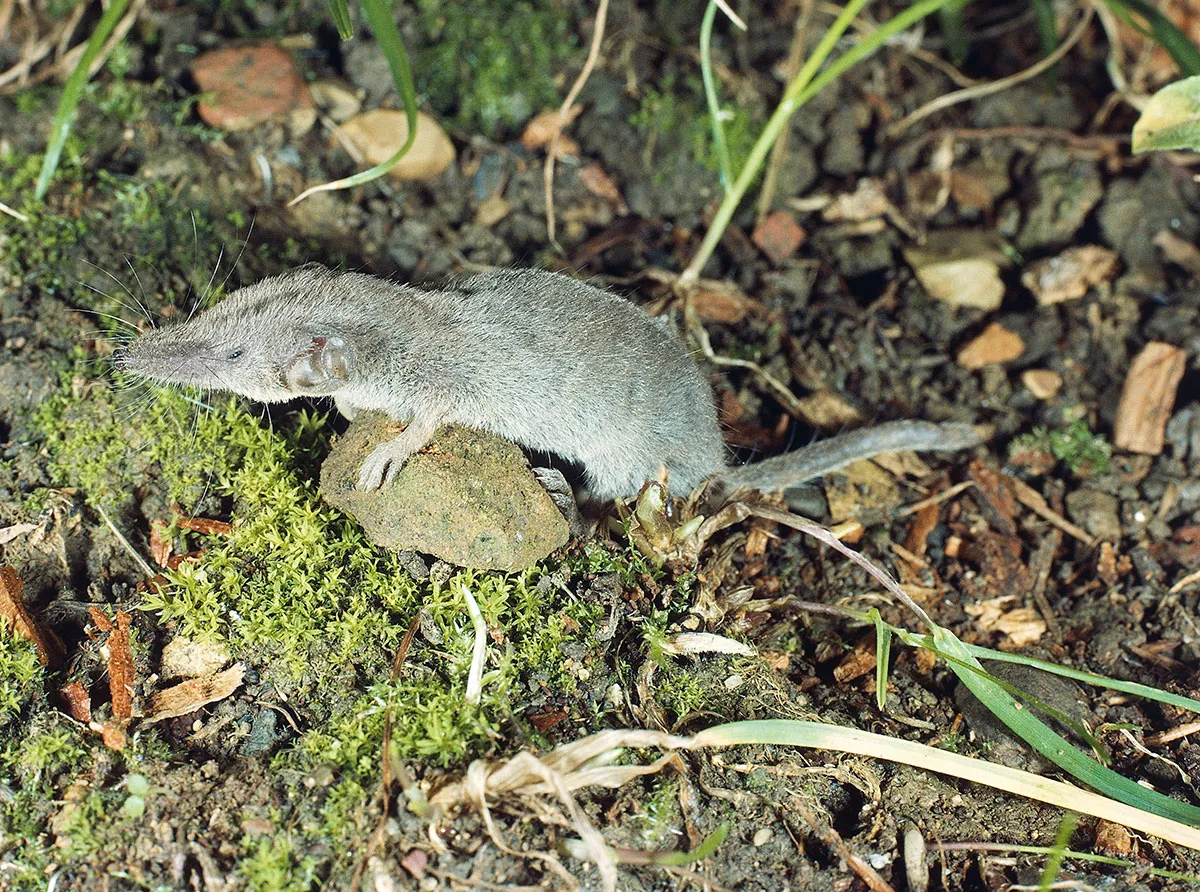
Weight: 1.5-2.5g; average 2.1g
Distribution: North America
Also known as the white-toothed pygmy shrew orSuncus etruscus, the Etruscan shrew is the smallest mammal by weight alive today. At 36–52mm long, excluding tail, it's larger than Kitti's hog-nosed bat. However, individuals can weigh as little as 1.5g, meaning the Etruscan shrew takes the crown.
If you take into account extinct species, though, even this tiny animal can be beaten.
1. Batodonoides vanhouteni (extinct)
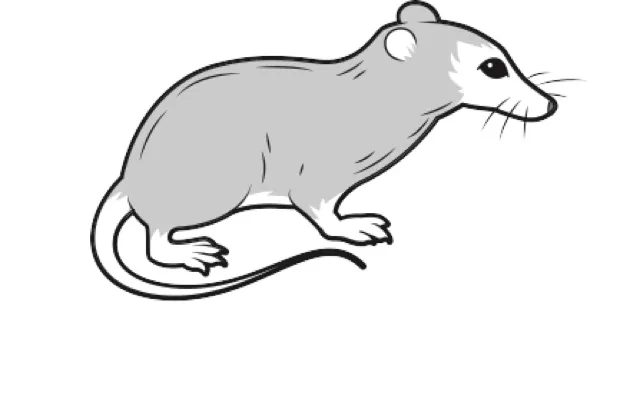
Weight: 1.3g
Distribution: North America
At only 1.3g, the extinctB. vanhouteni is believed to be the smallest mammal that ever lived. This tiny, shrew-like animal roamed North America 53 million years ago.
When it was discovered, B. vanhoutenipushed the limits for just how small a mammal could possibly be. Since it's only known from fossils, its exact weight is unknown, but the discoverers estimated it weighed between 0.93g and 1.82g, with the most likely figure being 1.3g.
